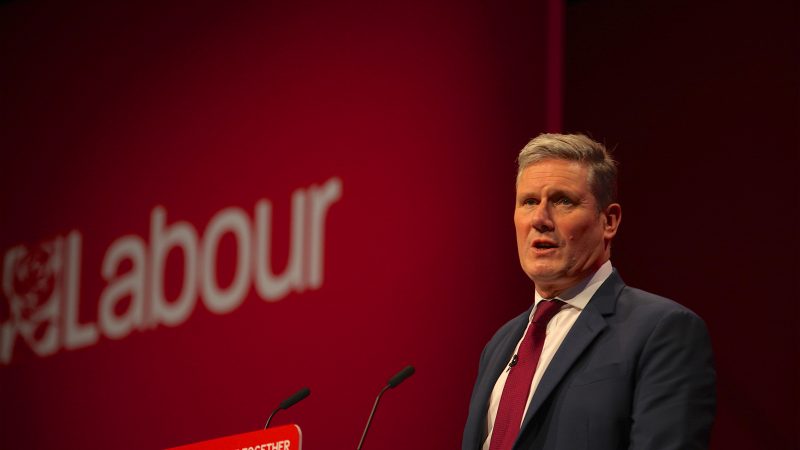
In the four years since the Conservatives’ election victory – marked with promises of ‘levelling up’ – the landscape of Britain has shifted, but perhaps not in the ways many had hoped. Instead, as Keir Starmer said today and as our earlier polling demonstrated, it has been a period marked by “a sense that nothing works, that we’re going backwards, a country in decline”.
My personal experience, emblematic of the broader crisis, began with my dad’s stroke and an agonising wait for an ambulance. My mum’s resigned acceptance –”At least it came at all” – speaks volumes about our lowered expectations in this era of ‘Broken Britain’.
Each of us has our own version of these stories. In focus groups, you regularly hear anecdotes of near misses. One man I spoke to, bracing for the inevitable delay of an ambulance for his elderly parents, took it upon himself to undergo first aid training. It’s a sad but rational reaction to a system in which swift action can no longer be taken for granted.
But this crisis isn’t confined to healthcare. Navigating a system of underfunded and overstretched public services has become the norm. What we wanted to identify today with the release of our ‘Broken Britain Index’, was which areas were most severely impacted by these simultaneous declines. And while our findings are striking, they are not entirely unexpected.
Tackling regional inequality will be a Herculean task for Labour
The index, developed by The New Britain Project, paints a damming picture of a country in crisis. It brings together 18 separate indicators from NHS waiting lists to maternity services, a young generation in limbo to boarded-up high streets and pothole-ridden roads.
Nottingham, now joining the ranks of bankrupt towns like Birmingham and Northampton, stands out in our analysis as the epicentre of ‘Broken Britain’. But it’s the ‘Red Wall’, communities in the Midlands and the North that bear the brunt of the failures our index exposes.
This isn’t just a league table of governmental shortcomings; it’s a deafening alarm that things have spiralled out of control. The promise to level up has bypassed these communities, leaving them bearing the scars of government failures.
And so, as Starmer set out his stall today, promising not just to get the “basics” of government right but to infuse governance with “realistic hope”, this index serves as a stark reminder: fixing the systemic neglect in many parts of Britain, particularly outside the South East and London, is going to be a Herculean task.
Bringing more common sense into policymaking and doing the boring stuff better is all well and good, but when the whole of the east of England only has one safe maternity unit, more than a third of teenagers in towns in the North East aren’t going to school every day each week and only three out of every 100 crimes in the West Midlands gets cleared up, it won’t be enough.
The party must be bold to deliver its “decade of national renewal”
Whilst Starmer is right that part of the solution will be in “solving these problems practically” not just “indulging in some kind of political performance art”, it’s also important to recognise that when the problems are so vast and multifaceted as highlighted by our index, effective policymaking will in fact require a delicate balance of both the art and science of governance. Immediate actions driven by practicality must be coupled with strategic, forward-thinking measures.
Because if the upcoming election hinges on the question, ‘Has the last 13 years improved my family’s life?’, it’s only fair to anticipate that a future Labour government will face similar scrutiny.
After Labour’s 1997 victory, it took three years (and a whole lot of cash) to reduce NHS waiting lists by 100,000. Today, even if that achievement were repeated, it wouldn’t begin to touch the sides of a projected eight million on waiting lists by next year.
Starmer recognised the need for a total overhaul of the Labour Party to win back an opportunity to be listened to by the voters who turned away. It will take the same boldness to usher in the “decade of national renewal” he talks of. And the painstaking work in preparing for that change must begin now.




More from LabourList
Nudification apps facilitate digital sexual assault – and they should be banned
Diane Abbott suspended from Labour after defending racism comments
Labour campaign groups join forces to call for reinstatement of MPs